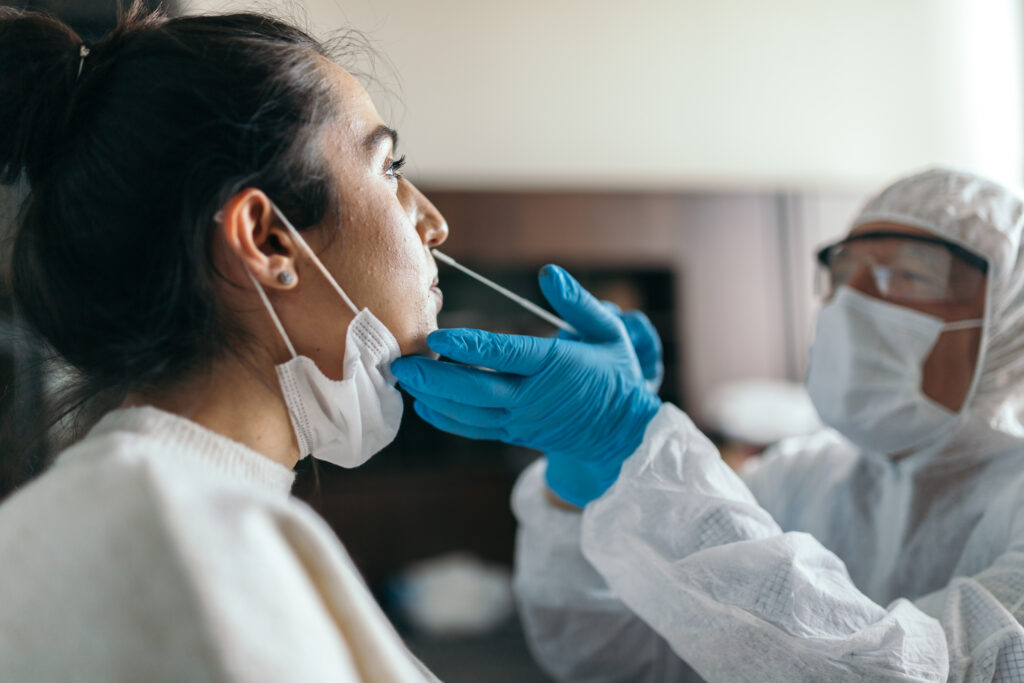As you may have seen in the news, a new variant of SARS-CoV-2, B.1.1.529, has been classified by the World Health Organization (WHO).1 Named “Omicron,” this variant of concern was first reported in South Africa on November 24, 2021.1 With the first case of this variant in the United States confirmed on December 1, 2021,2 the Centers for Disease Control and Prevention (CDC) has emphasized the importance of following prevention strategies – including getting tested for COVID-19 to help prevent potential spreading of the virus.3
COVID-19 Testing Update: Omicron Variant
While we cannot predict the exact impact that the Omicron variant may have on the United States, BioReference Laboratories is prepared to continue supporting CDC-recommended prevention strategies with confident COVID-19 testing capabilities that should not be impacted by the arrival of this new variant.
To date, the diagnostic targets of the novel COVID-19 variants, like Delta and Omicron, have remained the same. Meaning that changes due to the virus’ mutation will not interfere with BioReference’s ability to diagnose the presence of COVID-19 with our lab-based PCR platforms and point of care/rapid devices.
Variant Testing at BioReference
BioReference offers a RT-PCR (nasal swab) test for COVID-19 detection, which will determine if an individual is infected with COVID-19. While BioReference’s COVID-19 tests do not report the specified variant, they can still detect infection, even if it’s a variant strand. For example, if an individual is infected with the Omicron variant, the individual will receive a positive COVID-19 result, but the result will not specify that it is Omicron.
Got Symptoms? Get Tested
If you are experiencing symptoms or think you have been exposed to someone with COVID-19, stay safe, stay put, and let us come to you.
Variant Detection and Treatment of Positive Cases
The CDC has not issued specific guidelines for individuals sick with Omicron or other variants. At this time, individuals should follow guidelines for when you are sick with COVID-19, including:
- Stay home and isolate from other people
- Monitor symptoms and call a healthcare provider if symptoms worsen
1. https://www.who.int/news/item/26-11-2021-classification-of-omicron-(b.1.1.529)-sars-cov-2-variant-of-concern
2. https://www.cdc.gov/media/releases/2021/s1201-omicron-variant.html
3. https://www.cdc.gov/coronavirus/2019-ncov/prevent-getting-sick/prevention.html





















